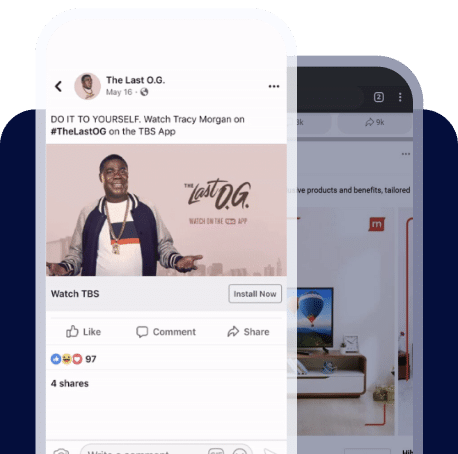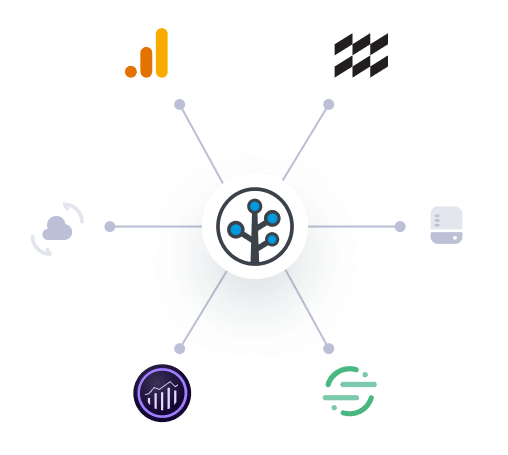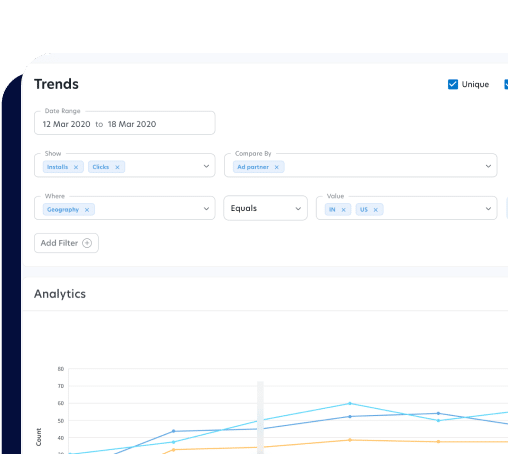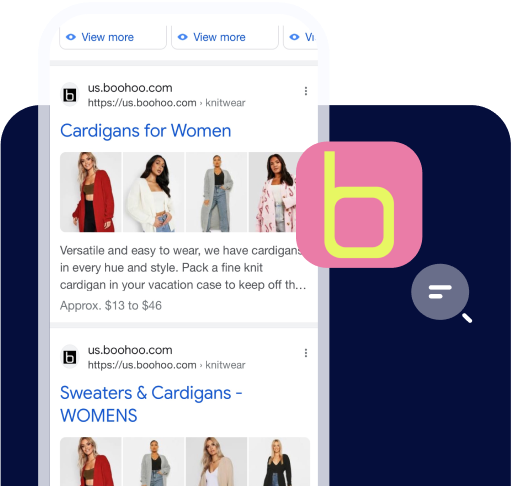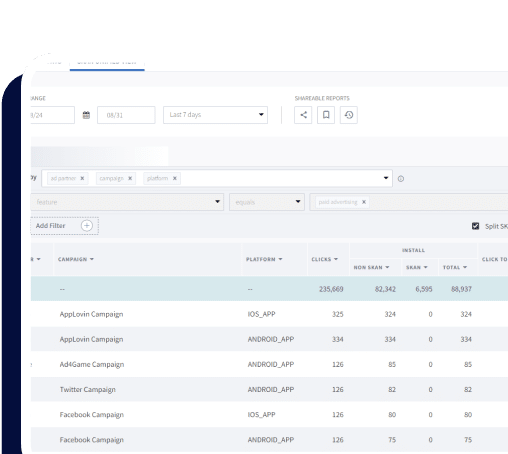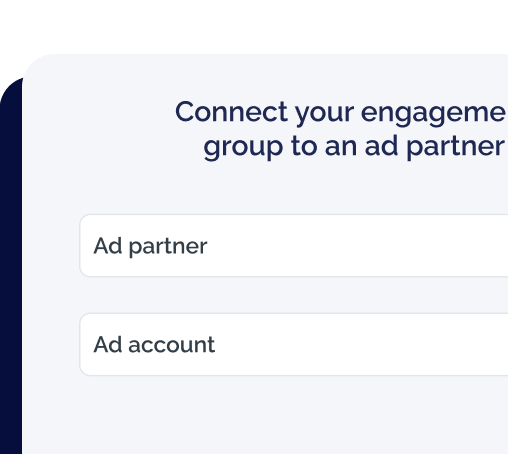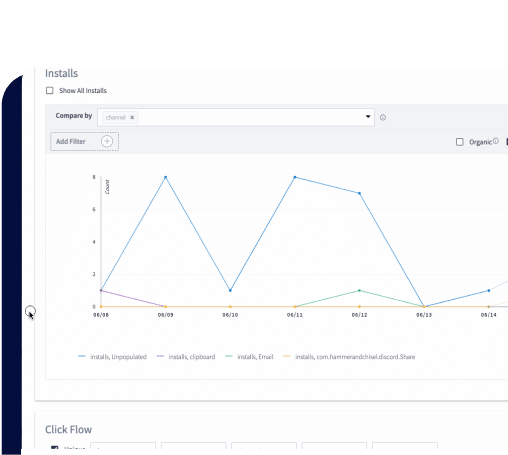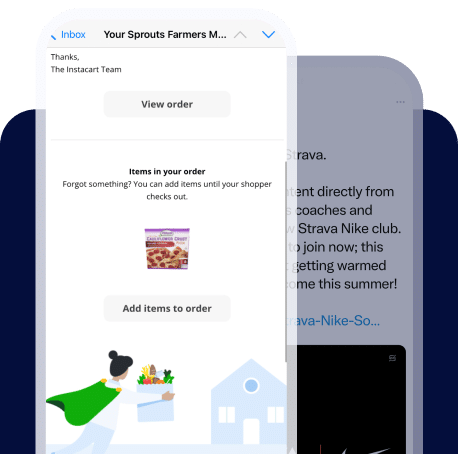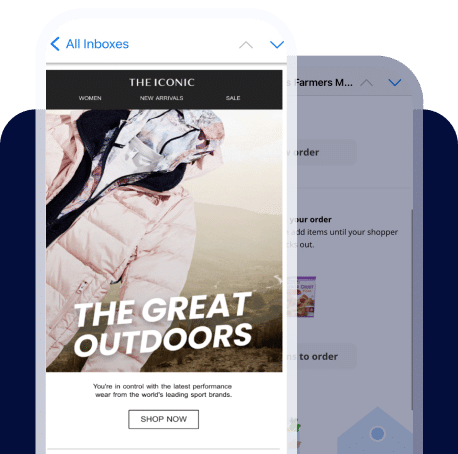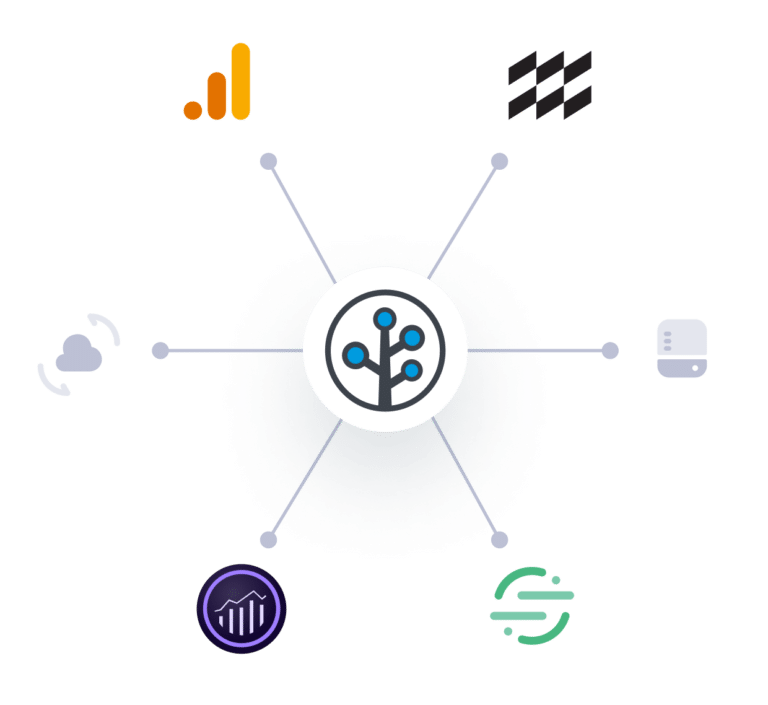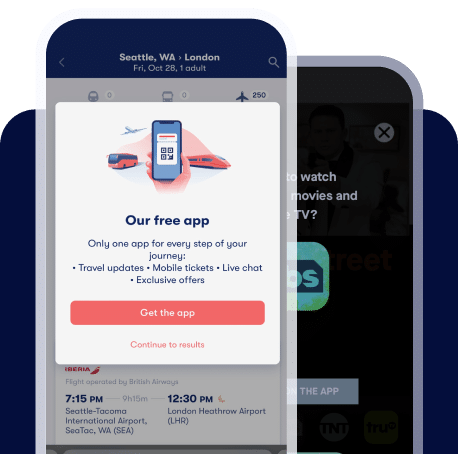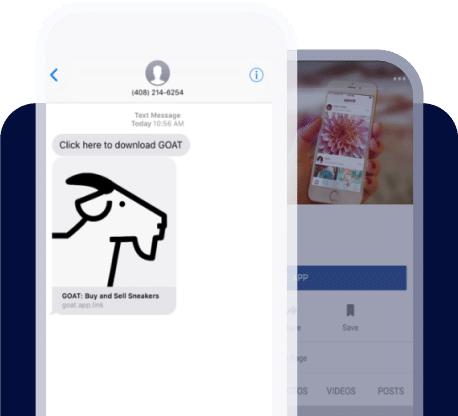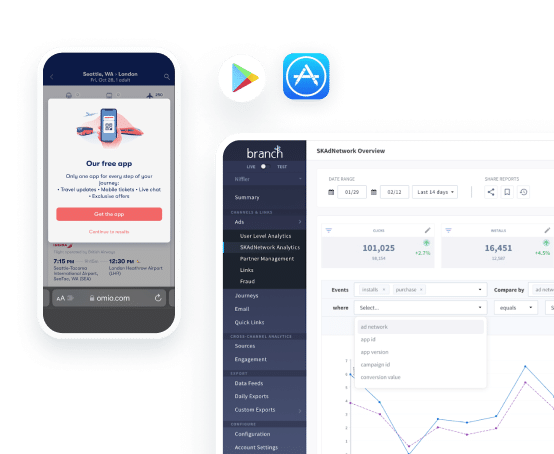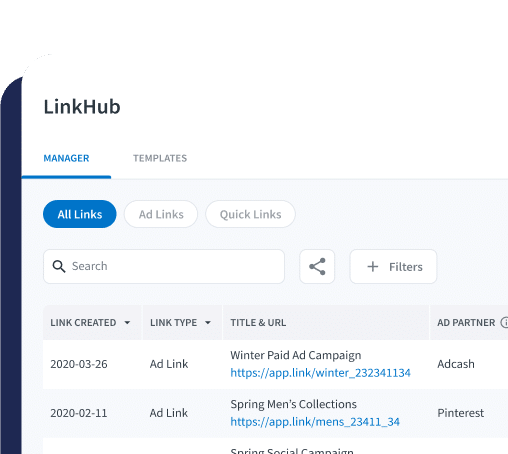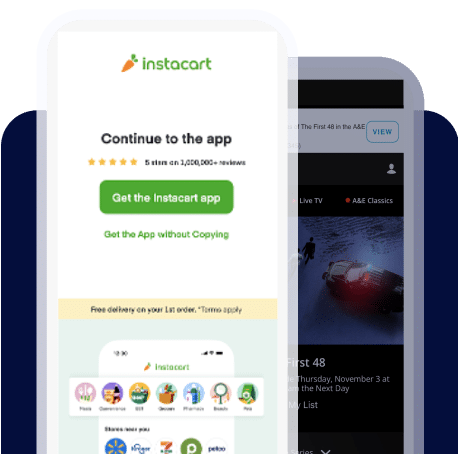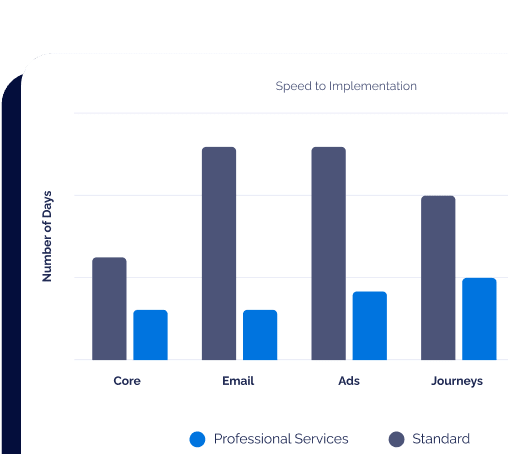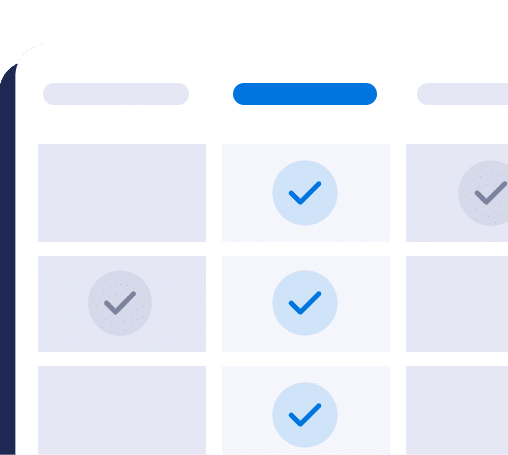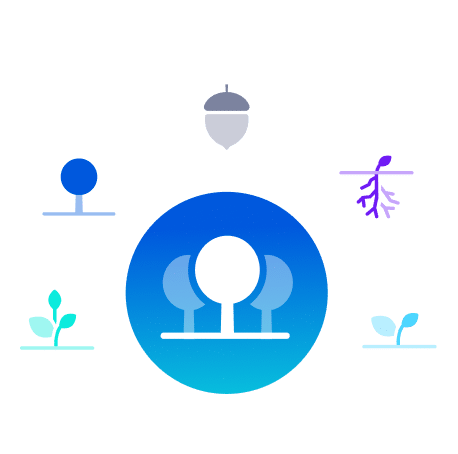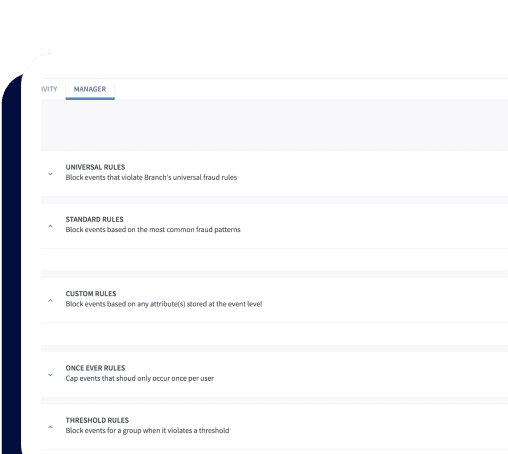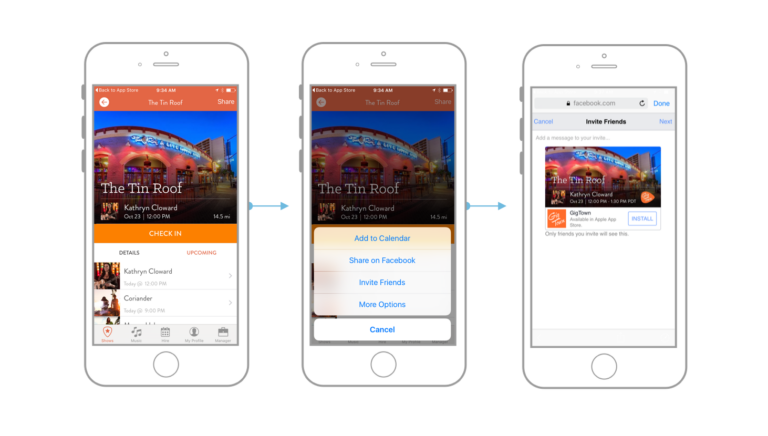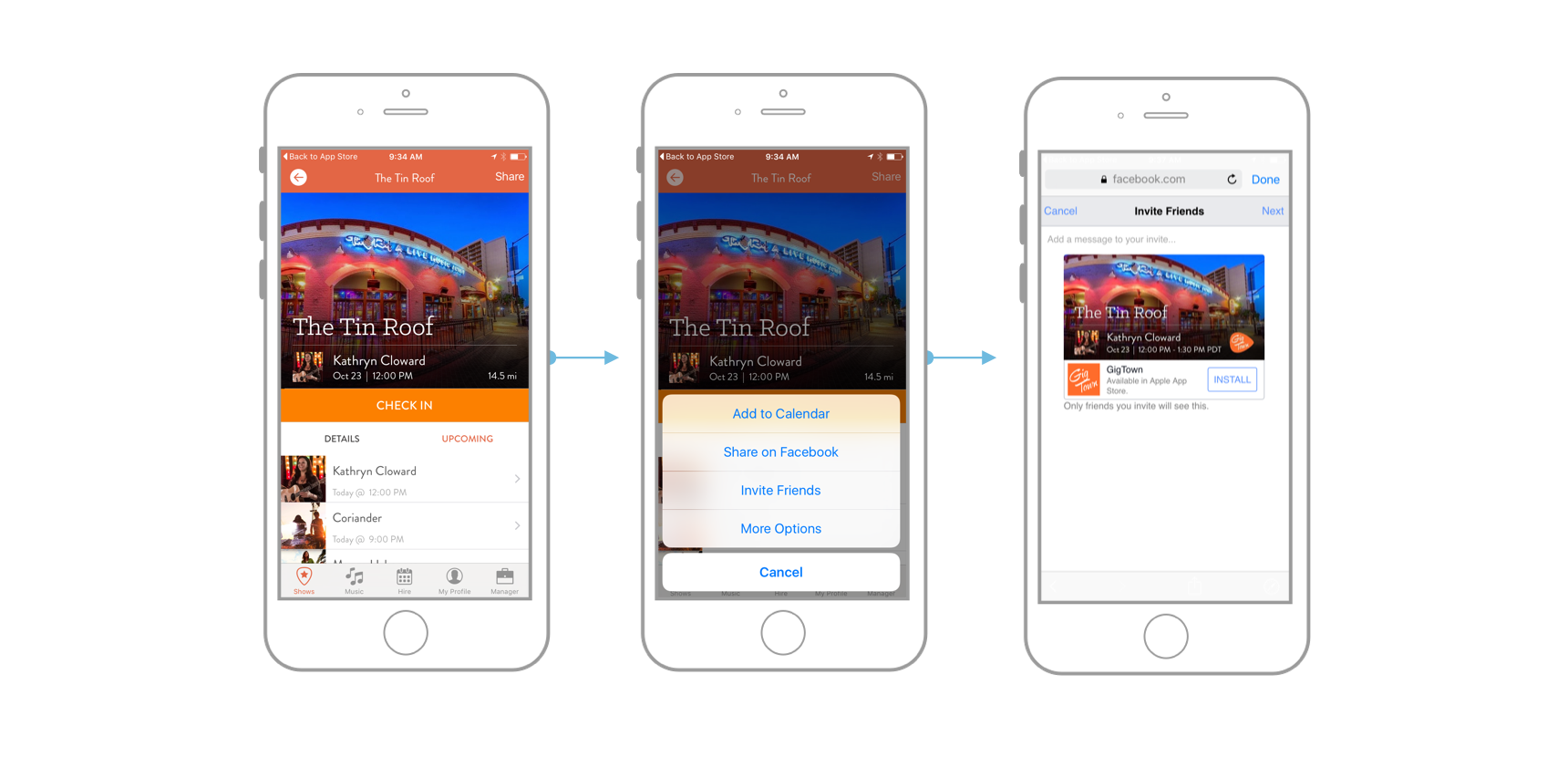Building a mobile app is hard work. You spend countless hours perfecting the design, content, and user experience and think that getting your app live is the end of the journey. Yet, once you’re live, something becomes clear – this is only the beginning. The Branch founders struggled to build an app themselves – and once it was live, struggled to find new ways to promote the app without much spending. The one thing that worked best for them with Kindred, and what we’ve seen work with partners, is affiliate app marketing.
What is App Affiliate Marketing?
Affiliate marketing leverages current users and potential influencers to spread the word about your app with their network, rewarding them for the new downloads or users they bring in. Since people are more likely to download an app when it’s been recommended by a friend or someone they respect, app affiliate marketing can be a good strategy for app growth. For example, at Kindred, a photo book printing app, the majority of customers were moms. The best strategy for Kindred was to work with mom bloggers: getting them to try the product, and then tell their followers about the experience.
While affiliate marketing is widespread on the web, few app developers use it, because of two main challenges:
- Tracking and cross-device users – mobile attribution has been a challenge for app developers. App stores are walled gardens that don’t let data pass through, so tracking installs, purchases and app events by the link they came from can be challenging. Apple is moving to change that by allowing you to create links that track installs. However, their links are platform specific and many times you don’t know what kind of platform a user clicking an affiliate link will be on.
- Linking to content within the app – when you think about app affiliate marketing, the main driver for new downloads is the content in your app. Historically, it has been impossible to take someone who didn’t have your app already installed to specific content right after install.
Because we faced these problems as app developers, we set to create a solution that helps affiliate marketers with these issues. Our links solve these problems:
- They provide full attribution and work across platform – if you give a user a link to your app, it will work on web, iOS, Android and tell you how many users came from that links, installed or opened your app and performed certain actions in your app.
- They allow you to promote specific content or discounts – for example, if you were an e-commerce app, you could give a link to shoes in your app to a shoe blogger and a link to pet costumes sold in your app to a pet blogger. As soon as a user downloaded your app from one of those links, they would be taken to the specific content the blogger wrote about.
Let’s look at a few examples of how contextual deep links can encourage and enhance the referral and new user onboarding process:
Gigtown’s App Affiliate Marketing Campaign
Gigtown is an app that connects music bands with venues and fans. At the end of August, Gigtown launched a “Dollars for Downloads” campaign in which they provided musicians with links to share the app. When someone clicks a band’s link, they’re taken to the app store to download Gigtown, and are redirected to that musician’s profile on the app, which they automatically become a fan of. It’s a win-win: Gigtown has a new user and the band has a new follower. Actually, it’s a win-win-win: the new user will love using your app (and continue using it after download!) because you deliver them content that’s relevant to them. Gigtown provided additional incentive with $1 per download, but payment isn’t necessary to success. As long as you provide a good incentive for sharing the link, your current users will do the work for you.
Using Branch links, Gigtown was able to make a direct path from referral-to-download, and retain and engage users beyond the initial download.
Gigtown saw more than a 41% increase in 1-day retention, and 33% increase in 1-week retention. Not only did these users stay on the app, they naturally promoted it to others. The app had more than 6.5x as many shares from users who were referred by these deep links.
How Magra Uses Branch Links For App Affiliate Marketing
Magra is a calorie-counter and social fitness app. Magra’s fitness community depends on referrals between friends, since these offline social connections generate far more engagement online than purely online connections.
Magra gave Branch links to Instagrammers who use Magra and whose accounts promote fitness. These Instagrams contain the link on their profile. When someone clicks on the link, they’re taken to download Magra and then to that user’s profile, which they become a follower of. Users referred by a deep link then shared the app 10% more than others.
These are only some of the ways Branch can be used as a free marketing tool. App affiliate marketing can work for you too, as long as you provide some kind of incentive to share the link and make the content you ask a user to promote relevant to their followers or friends. Use the button below to sign up for Branch!

